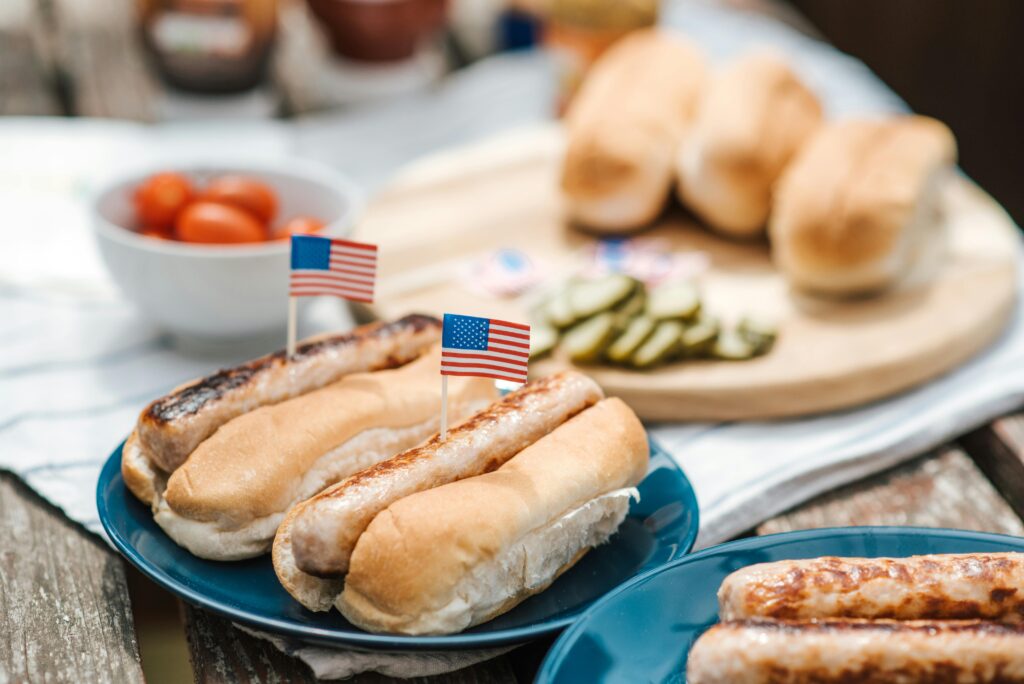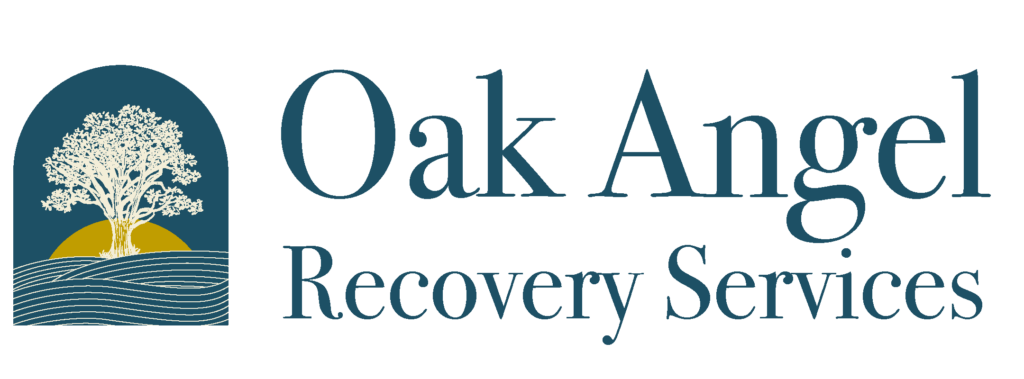For many people, Memorial Day weekend signals the start of summer—barbecues, beach trips, and backyard hangouts. But if you’re in recovery, these seemingly harmless traditions can come with major relapse triggers: alcohol, old party crowds, unstructured time, and the pressure to “just relax and have fun.”
Whether you’re newly sober or years into recovery, holiday weekends can present real challenges. But with the right mindset, tools, and support, you don’t have to white-knuckle your way through them. You can enjoy the weekend, avoid common relapse triggers, and stay on your path to recovery.
Here are some key strategies to help you avoid the common pitfalls of a holiday weekend:
1. Plan Ahead to Avoid Relapse Triggers (Seriously, Don’t Skip This Step)
Going into the weekend with no plan can leave you vulnerable to stress, isolation, or impulsive decisions. Map out your weekend in advance: where you’ll be, who you’ll be with, and what your exit strategies are if you need to leave a situation.
Ask yourself:
- Are there events I should skip entirely?
- Do I have at least one sober support person I can call or text?
- What am I doing to take care of myself each day?
2. Don’t Romanticize the Past
That little voice in your head might start saying things like: “You used to have fun at these cookouts,” or “One drink isn’t a big deal.”
Stop that voice in its tracks. Remember where that one drink or one hit took you. The best way to honor your progress is to stay present and remind yourself why you chose recovery in the first place.
3. Create New Traditions
You don’t have to isolate to stay sober—but you also don’t have to return to the same old scenes. Host your own alcohol-free barbecue, plan a day trip with friends who support your sobriety, or volunteer at a Memorial Day event. When you build new, sober traditions, you create safer spaces to enjoy the weekend without temptation.
4. Keep Your Toolbox Close
This isn’t the weekend to wing it. Keep your recovery tools front and center—whether it’s daily journaling, calling your sponsor, attending a meeting, or checking in with a sober coach. Bring what grounds you. It could be headphones for a quick guided meditation, a journal, or even a fidget item to manage stress.
5. Remember: It’s Okay to Say No
You don’t owe anyone an explanation. You don’t have to attend every gathering, answer every call, or stay in any situation that makes you feel off. Saying “no” to something that puts your sobriety at risk is a powerful way to say “yes” to yourself and your future.
6. Lean on Support
If you’re struggling, you’re not alone. Long weekends can stir up a lot. Reach out to your sober network, attend a meeting (many fellowships offer extra meetings over holidays), or schedule time with a sober coach or therapist are just some ways to avoid relapse triggers. Getting support before things escalate can make all the difference.
You Don’t Have to Just “Get Through It”
Recovery isn’t about hiding from life—it’s about living it fully and on your terms. Memorial Day can be a celebration of freedom in more ways than one. Choose the kind of freedom that lasts. The kind that comes with staying sober, staying connected, and honoring the progress you’ve already made.
Need extra support this weekend?
I work with individuals and their families to navigate exactly these kinds of situations. Whether you need coaching, accountability, or just someone to talk to—reach out. You don’t have to do this alone. For more information on Sober Coaching, call 843-995-5806.


